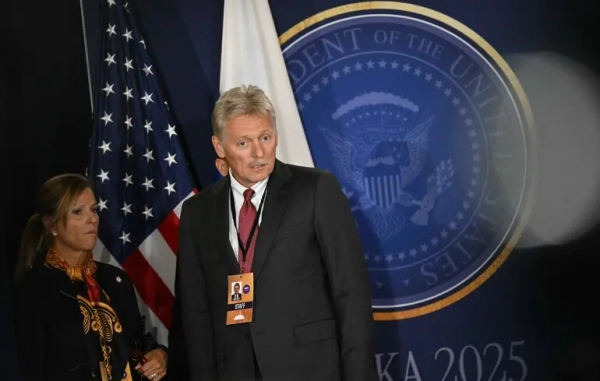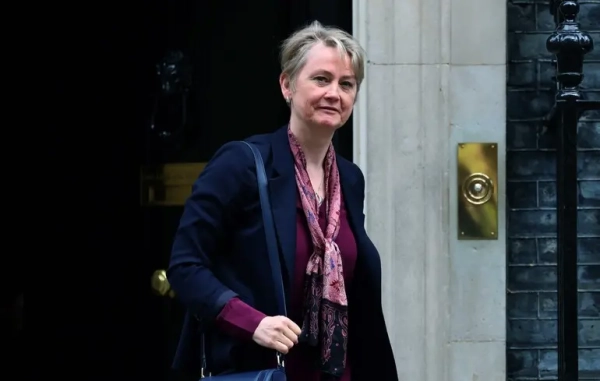
The Iowa Democratic Party’s caucus was supposed to be significantly more inclusive next year with the addition of a virtual caucus for the first time. The idea was to allow people who are unable to caucus in person — because of work, other responsibilities, illness or disability — to still have their voice heard in the early state primary voting process.
The plan was a key compromise that came out of the party’s “unity commission” after the 2016 election. The commission’s mission was to put in place reforms to make the party and its primary more transparent and even-handed.

Alex Edelman/AFP/Getty Images
2020 Democratic presidential hopeful Sen. Elizabeth Warren, D-Mass., greets supporters as she arrives at a rally outside the building where the Wing Ding Dinner will take place on Aug. 9, 2019 in Clear Lake, Iowa.
Last week, the Democratic National Committee backed-off their support of Iowa’s plans, citing security concerns and the potential for hacking. While former Vice President Joe Biden said the decision was above his “pay grade,” several other candidates expressed extreme disappointment and urged the national party to continue to work with the state party to find solutions.
“I strongly urge the DNC to embrace the values of our Party by allowing absentee voting — either through a secure virtual caucus, mail-in ballot, or early voting absentee process — in order to ensure that all Iowans have an opportunity to participate in their caucus,” former Housing and Urban Development Secretary Julián Castro wrote.
In the end, offering some kind of virtual caucus equivalent was supposed to be a requirement for any state that wanted to maintain caucuses at all.
The TIP with Lissette Rodriguez
Just under a month since a mass shooting rattled his hometown of El Paso, former Congressman and Democratic presidential candidate Beto O’Rourke had a simple message about his filthy language following another shooting in his home state of Texas: Get used to it.
Shortly after news broke that a gunman had opened fire in the western Texas towns of Midland and Odessa with an AR-type weapon, ultimately killing seven people and injuring 23 others, O’Rourke addressed a crowd at one of his Charlottesville, Virginia, events, telling them “this is f—-d up.”

Joshua Lott/Getty Images
Democratic presidential candidate Beto O’Rourke speaks at the Iowa Federation Labor Convention, Aug. 21, 2019, in Altoona, Iowa.
He repeated the f-bomb in a tweet and the following morning during a nationally televised interview on CNN, once again saying, “This is f—-d up. And if we don’t call it out for what it is, if we’re not able to speak clearly, if we’re not able to act decisively, then we will continue to have this kind of bloodshed in America. And I cannot accept that.”
This kind of language is not new for O’Rourke — he drops expletives often during campaign events, especially recently when speaking of his frustrations on lack of gun control legislation since the massacre in El Paso. The Texas Tribune even produced a video chronicling some examples of O’Rourke cursing during his Senate campaign.
Just moments after his interview on CNN, O’Rourke went on MSNBC and, citing Rabbi Latz, said “profanity is not the f-bomb. What is profane is a 17-month-old baby being shot in the face.”
THE PLAYLIST
ABC News’ “Start Here” podcast. Tuesday morning’s episode features ABC News’ Marcus Moore, who checks in from the Bahamas, which was battered by Hurricane Dorian. Then, ABC News Chief Meteorologist Ginger Zee tells us what the U.S. mainland should expect as Dorian continues on its path. And, ABC News’ Matt Gutman decodes the gun control conversation in Texas after another mass shooting over the weekend. http://apple.co/2HPocUL
WHAT YOU NEED TO KNOW TODAY
Sourse: abcnews.go.com






